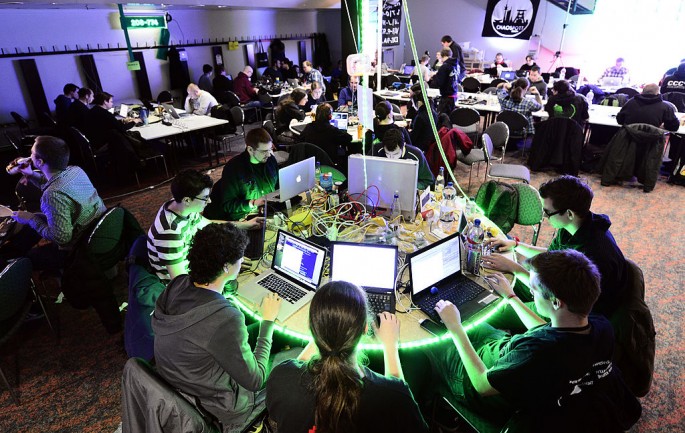A newly released report said that 29 hackers groups were responsible for advanced persistent threats (APT) attacks on Chinese institutions in 2015. For that year, about 10,000 computers across the country were affected by the hacking.
Most of the targets were research, education and government institutions, according to Qihoo 360, an Internet security and software company. The identity of the hacker groups, which included Darkhotel and OceanLotus, were named in Qihoo's SkyEye Labs report.
According to Globaltimes, the APT attacks resulted in a large of sensitive data stolen from these companies and institution. Besides exposing vital information, the hacking also posed serious threats to China's security, warned the report.
Qin An, a cyber security expert at the China Institute for Innovation and Development Strategy, said the hacker groups use extensive and systematic equipment for the APTs.
The hacking was widespread and also affected companies in energy and military services. The hacking continues in 2016, with the Tsinghua University's website as the latest victim. The alleged hacker is the Islamic State.
But whistleblower Edward Snowden said it was the NSA, not the terrorist organization, which hacked the Beijing-based university. In just one day, 63 computers and servers of Tsinghua were hacked, reported The South China Morning Post.
By area, the most affected are Beijing and Guangdong Province, followed by Zhejiang, Jiangsu and Fujian Provinces.



























